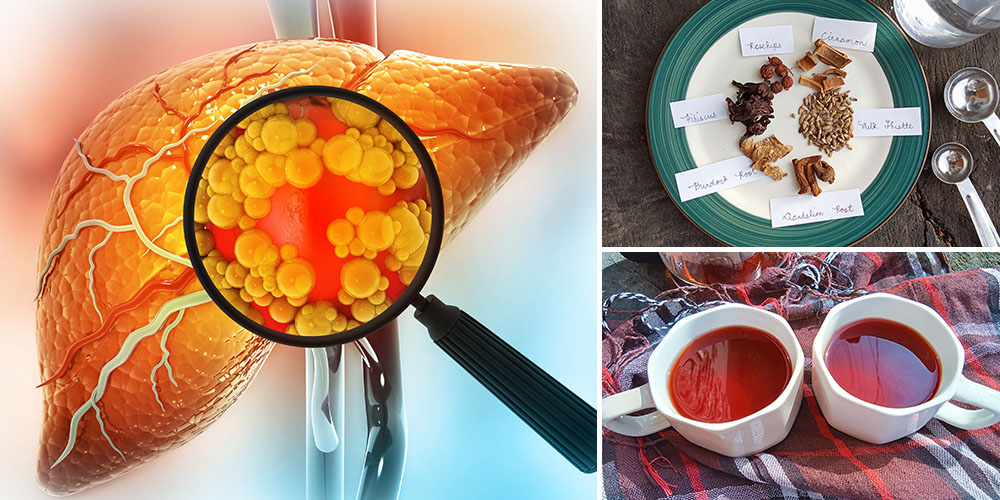
10 Signs Your Liver Needs Help
Our bodies have subtle ways of telling us if something wrong is happening from within. The problem is that it is often too vague to identify. Hence, most health problems go unnoticed until they become irreparable. In this article, I will show you 10 signs your liver needs help. One of those problems is the damage that our livers suffer. Sadly, its signs can be associated with other problems until jaundice, dark urine and discolored excreta show up.
Signs the Liver Is Having a Hard Time
The liver is the powerhouse and filtration system of the body working to filter toxins and conversion of waste products. Some of its functions include hormone production, protein synthesis, and processing and storage of iron. The liver is also the organ metabolizing the active ingredients in medicines. When the liver is malfunctioning, it will affect all parts of the body and manifests these symptoms:
1. Constant Tiredness
A damaged liver will have a hard time processing the nutrients from food. It produces less glucose for energy and may cause intermittent, constant, or chronic fatigue. Extreme tiredness is observed in viral, genetic, and fatty liver diseases.
And it works the other way around. It’s a vicious circle. While sleeping, your body regenerates. If you don’t sleep enough, your liver won’t regenerate as fast. And if your liver is suffering, you won’t sleep enough.
Sleep is crucial for the body’s regeneration, including the liver. If you don’t get enough sleep, your liver can’t regenerate as efficiently. In turn, if your liver is struggling, it can negatively affect your sleep, creating a vicious cycle.
Here is your responsibility, to aid your body sleep better so it regenerates your vital organs. You can do that by drinking Valerian tea before going to sleep. Actually, Valerian is also called Nature’s Valium. It soothes the body at night and makes you sleep like a baby. Stronger than tea is this organic tincture I’ve been using for a while now and it truly delivers!
2. Skin Symptoms
Pruritus or itchy skin, without a visible rash, may occur in a liver problem, possibly due to the increase in bile salts, histamine, serotonin, serum alkaline phosphatase or lysophosphatidic acid. Easy bleeding, bruising and red dots on the skin may also relate to a liver issue.
3. Nail Problems
Irregularly shaped and colored nails are early signs of liver disease. It may occur due to nutritional and hormonal deficiencies. It may include:
- Spoon nails (indented nails)
- Terry’s nails (frost-like colored nails)
- Nail clubbing (rounded and bulging nails)
4. Bad Breath
If your liver is not functioning well, it may not filter all toxins from the body and cause them to build up. It will also disrupt the gut microbiome, leading to digestion problems and an increase of bad bacteria causing bad breath.
Your gut is the powerhouse of your body. It’s often looked over by people, and it makes most of your efforts to stay healthy in vain. It’s mandatory for your microbiome to work well before you can target other symptoms. This way you will filter out and identify any other underlying problems.
There are 6 ingredients that promote the health of a damaged gut. Check them out HERE in this tincture.
5. Headaches
Persistent headaches mean many things. Sometimes, it is a distress call from the liver. It is caused by the pile-up of toxins in the blood due to the inefficiency of the liver in removing them.
6. Swollen Abdomen
Weight gain in the belly indicates a problem with the liver but it is more obvious in the liver cirrhosis stage. A swollen abdomen (ascites) is caused by the buildup of fluid when pressure builds up in the vein of the liver.
7. Abdominal Pain
Pain in the upper right abdomen just below the rib cage is a sign of liver problems. Sometimes, the pain radiates to the shoulders and back, which may be dull aches that worsen with movement and pressure.
8. Jaundice
The yellowing of the eyes and skin is the most obvious sign of a liver problem. A healthy liver normally filters out bodily tissues and bilirubin, the yellow substance in the blood. However, if it is malfunctioning, it cannot break down the old red blood cells. Bilirubin builds up and causes yellowing of the skin, eyes, tongue and fingernails.
9. Pale Stool and Dark Urine
If you have dark urine despite drinking enough water, your liver is likely encountering a problem. It is due to the bilirubin excreted in the kidney. Pale stool with a clay-like color is the result of less bile production or disrupted bile flow. These symptoms are often present with jaundice.
10. Changes in Appetite
People with liver problems are sensitive to strong smells, which may affect their food intake. It may cause loss of appetite but increase the aversion to sugar and sweets. Nausea and vomiting after a fatty meal also indicate a liver problem.
Liver Disease Prevention
The Hopkins Medicine debunked myths that liver diseases cannot be prevented. That’s because there are preventive steps to protect yourself from it, starting with diet and lifestyle modifications. A liver disease develops slowly. If you have recurring symptoms, it is best to have yourself checked by a doctor for early diagnoses. The good news is that the liver regrows itself even if 90% of it is removed.
However, cases like cancer, hepatitis, medicine overdose damage, and fatty liver are uncurable. These liver diseases are managed through medications or an organ transplant. Here are some measures to protect yourself from liver diseases:
Use of Herbal Remedies
Organic foods and natural remedies are essential for maintaining a healthy liver. Teas, tinctures, salves, and oils made from carefully selected and researched plants can support liver regeneration and overall health.
The foods you choose, as well as the herbs you buy, should be organic, pesticide-free, and non-GMO. This ensures that when you make teas, tinctures, or other remedies, you’re not ingesting harmful chemicals that could do more harm than good.
For me, the best herbalist out there is Nicole Apelian. She recently developed and released a new Liver Blend Tincture, designed to address a range of health issues, including cirrhosis, fatty liver disease, jaundice, and hepatitis.
For this all-in-one herbal formulation that encourages healthy liver function and detox, check it out here!
Avoid Excessive Alcohol Use
According to the NHS alcohol guidelines, an adult should drink no more than 14 units of alcohol a week, spread across three days or more. But, it is better to eliminate and greatly reduce alcohol use, especially if you notice some symptoms.
Maintain Your Weight
Work to maintain a normal BMI by avoiding refined and processed foods and loading more on healthy diet choices. Stay active to prevent the risk of developing fatty liver diseases.
Take Medicine as Prescribed
Take your medicine as directed and don’t overdo acetaminophen. Acetaminophen is the most common OTC flu and cold medicine that can harm the liver if taken more than necessary.
Stay Hydrated
Keeping yourself hydrated reduces the stress on the liver and kidneys, and makes them more efficient in removing toxic body wastes. It also thins the blood to make it easier for the liver to filter. Aim for at least eight glasses of water and juices to meet your daily fluid needs.
Take Supplements with Caution
Some herbs are efficient in treating various diseases but are also hard on the liver. Avoid plants that contain pyrrolizidine alkaloids because they may lead to liver toxicity in both humans and animals. Avoid plants like borage, comfrey, coltsfoot and butterbur in their raw form or as unregulated food supplements.
I learned all this information from a herbalist’s book. Her expertise is unmatched, and the fact that I’m thriving is a testament to the effectiveness of her guidance. It’s a guide that provides detailed guidance on managing even the most severe health condition throughout each part of the day. I’ll leave a link for you HERE to check out her story.
Best Herbs for Liver Support
Here are some of the best herbs for liver protection. But, please remember to check with your doctor if you are taking medication for an existing liver disease and other health conditions. These herbs are effective and potent but are only safe in limited doses.
Milk Thistle (Silybum marianum). It detoxifies the liver, regenerates damaged liver tissues and stimulates bile production.
Dandelion (Taraxacum officinale). It is an effective herb against hepatitis and liver diseases. It enhances the secretion of hormones, detoxifies the liver and improves digestion.
Burdock (Arctium lappa). It prevents cellular mutation that causes cancer. Its root extract is a good detox formula for removing toxins and excess body fluids to prevent ascites.
Hibiscus or Roselle (Hibiscus sabdariffa). It contains hepatoprotective compounds that can prevent the onset of liver diseases.
Rosehip (Rosa canina). Its tea decreases the blood sugar level and fasting insulin level. According to studies, rosehip may prevent lipid accumulation to decrease the risk of fatty liver diseases.
Cinnamon (Cinnamomum aromaticum). It may suppress the production of triglycerides and prevent nonalcoholic fatty liver disease. Use it sparingly since cinnamon contains coumarin which is toxic to the liver in large doses.
Anyway, there is one food that you should totally remove from your diet today! Each day of consuming it shortens your lifespan. Click here to see what I’m talking about.
Homemade Liver Detox Tea
Take a sip of this liver-protective tea to help your liver boost its functions, ward off potential diseases and detoxify the liver.
 Ingredients
Ingredients
- 1 tsp milk thistle seeds
- 1 tsp dandelion roots
- 1 tsp burdock roots
- 1 tbsp hibiscus
- 5 pcs rosehips
- 1 tsp cinnamon bark or 1 stick
- 1 ½ cups water
- Liver Blend Tincture
Steps
- Bring water to a boil in a small saucepan.
- Turn the heat to low and add all the ingredients.

- Simmer for 10 minutes.

- Remove from heat and strain into cups and serve. Add the recommended tincture dosage (see label here) to each cup separately.
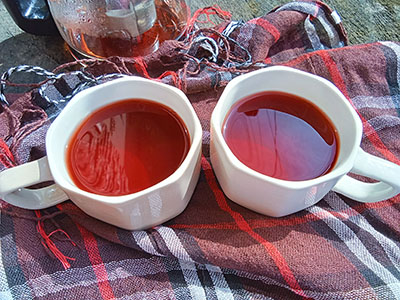 To use:
To use:
Drink one cup of this detox tea twice a day for three days with a healthy diet, exercise and avoidance of alcohol. PSRI Hospital recommends doing the detox only twice to four times a year during each change of the season to remove built-up liver toxins.

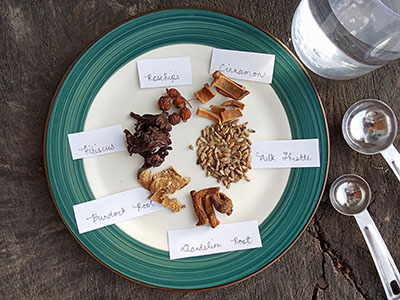 Ingredients
Ingredients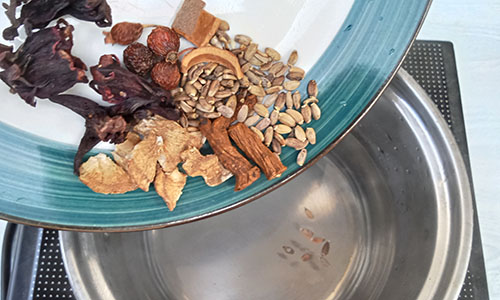
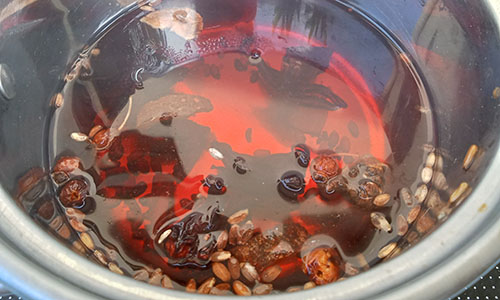
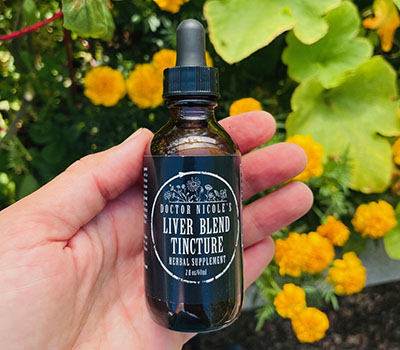
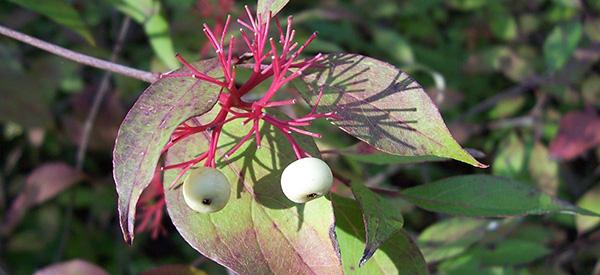
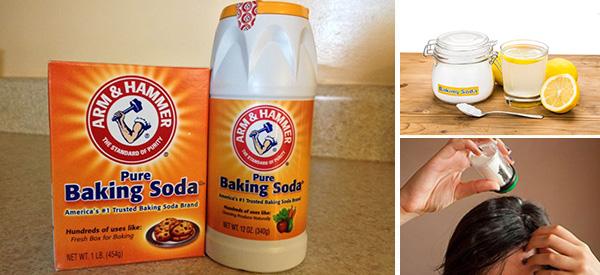
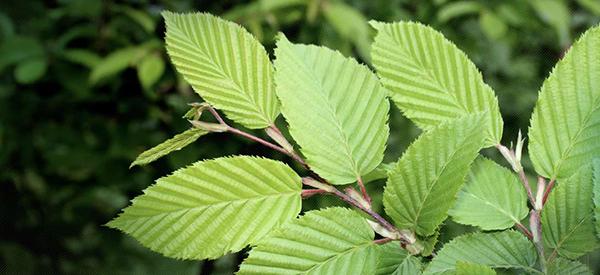
Thank you Ann Marie for this article and tea recipe. I will be using it soon.
Thank you Ann Marie for this tea recipe. 🙏